Local cancer data on men still falling short
(CNS): The Cayman Islands Cancer Registry is still battling to collect the data it needs to better understand the local prevalence rates to help develop strategies to mitigate the risks associated with the disease. Although the register has seen an impressive monthly increase of 50% in the number of patients voluntarily submitting data about the disease since the beginning of this year, officials have now said that only 30% of registrants are men. Since government reacted to the opposition to a mandatory cancer register by withdrawing the legislation, researchers have become heavily dependent on physicians and charities persuading patients to take part.
Cancer Registrar Amanda Nicholson said she was pleased with the increase in numbers as 340 people are now registered which will help with the understanding of cancer trends here. She credited the increase in new registrants to the support of a good network of medical professionals and cancer organisations such as the Cayman Islands Cancer Society and the Breast Cancer Foundation.
“They understand the significant benefits of the Cancer Registry and its critical role in informing and implementing national strategies to reduce cancer risks among the population, through data collection and data mining,” Nicholson said, but raised concerns about the shortage of data regarding men.
“We do not have nearly as many men registering as women, which is surprising since slightly more men than women are diagnosed with cancer,” she said. “We need more men in Cayman to come forward and register. Help us to create a more comprehensive cancer registry that will benefit not only you but the community, the region and the world.”
More people are becoming aware of the register, what it is for, how to register, why it is important and the steps being taken to protect personal information. But the issue of confidentiality has been the major stumbling block to getting a mandatory register which could help researchers understand the real position of the disease. However, experts are continuing to press home the message that all information included in the registry is confidential and anonymised, which means names are excluded, before being entered into a database designed by the World Health Organisation (WHO) and customised to fit the needs of Cayman’s unique community.
“No member of the public, but the Cancer Registrar, has access under any circumstances to this database. This knowledge, and the education of the public by local doctors, cancer organisations and the media has led to greater co-operation, support and disclosure by residents to the Cancer Registry,” Nicholson said.
Data collected by the Cancer Registry can be compared with other Caribbean countries and worldwide. This comparison will give the Cayman Islands evidence of any similarities or differences experienced. The ability to compare data will encourage collaboration with other nations and further research. Without this information, it would be difficult to initiate action to decrease the occurrence of cancer in the Cayman Islands.
A health care worker and supporter of the registry, Veronica Seales, encourages cancer survivors and families with a history of the disease to enroll in the registry as an important tool in the multi-faceted efforts to reduce the incidences of cancer in the Cayman Islands.
“As a 35-year veteran of health care and now a survivor of cancer myself, the data compiled by the registry establishes the importance of various treatments available to Caymanian residents, moving our country forward in the global fight against this disease,” she said.
Cancer survivors who wish to register with the Cayman Islands Cancer Registry can contact Nicholson at 244-2560 or by email. Registering is easy, and only takes a couple of minutes. It can be done face to face or via e-mail.
Category: Local News







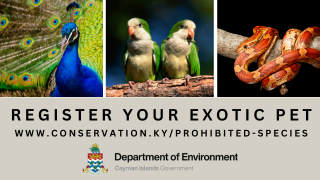


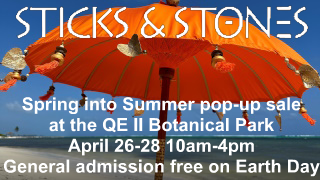
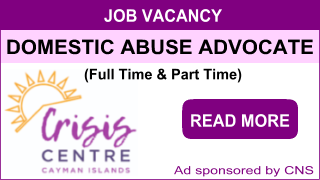









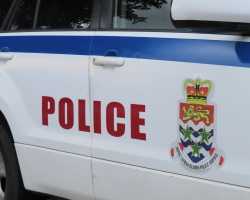

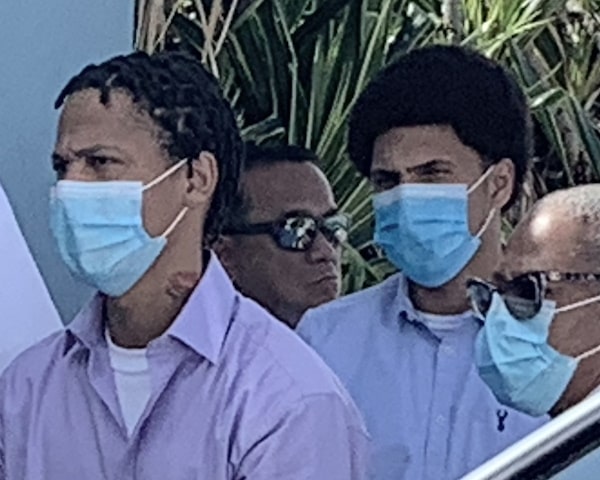
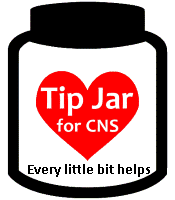

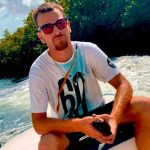
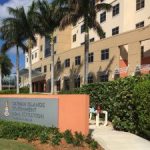




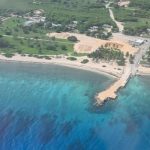


I think the reality of Cayman is on the surface it looks like a healthy place to live with fresh air, sun and ocean, but it has risks. Risks of enormous amount of pesticide spraying daily that must affect the drinking water supply we drink or even children playing on the grass outside or swimming in the pool. These chemicals would be accumulative over time. What happens to your patio furniture that you sit on outside and BBQ, everything is touched by skin and exposed in one way or another. Then there is the dump and burning thereof again chemicals leached into the ground and water supplies. I would hate to live in that complex across from the dump! I would not trust the water coming out of my shower or to drink what came out of the tap. Add on mosquito born illness like Dengue, Zika and West nile virus all of which can have major complication or death of a baby or adult. All these things make Cayman unattractive to me as much as I love the weather and sea. You need to weigh the risks of your health against lifestyle and pesticide spraying and genetically modified mosquito’s are not within your control for your health.
How about the risk of developing hormone-disruption issue or cancer from multiple daily doses of BPA from normal merchant consumption? Nearly all thermal paper cash register receipts are coated in BPA – the levels of Bisphenol A on receipt paper, on avg 60 to 10 milligrams of unbound free BPA (per University of Mass), are 1000 times higher than the trace amounts found in canned foods or water bottles and are ready for uptake. Hand sanitizer, sunscreen and wet beach fingers aid in rapid and measurable absorption into your body via your fingers. Pregnant women shouldn’t even touch these receipts. Merchants need to stop the annoying practice of wrapping these unwanted receipts around customer credit cards – for the sake of their customers and employees. What possible purpose does this pocket wadding serve?!? With apologies to Mr. Robinson, the whole planet needs to be weaned off its dangerous addiction to plastics of all kinds.
Thank you for bringing this up. Unfortunately people chose not to believe this and do nothing. Cashiers must wear gloves, but they have no idea…
I actually saw few cashiers in states wearing gloves.
why not investigate the pesticides mosquito research unit is spraying on us? i lock up y run when in hear the truck or plane…
EPA Material Safety Fact sheets are on their website along with a list of the chemicals they use. This level of disclosure may not have always been the case, but those sheets have been posted for all to read for years now. http://www.mrcu.ky
The registry is not available to insurance companies. It is not available to anyone other than the registrar and no names are entered into the database. How many times are we going to ask ‘why is there so much cancer in Cayman’? Establishing a registry (like most other first world countries) is the first step in gathering data to answer this question. Be a part of the solution, stop the negative thinking. Enough already.
I’m afraid this is one of those programs that simply doesn’t deliver any useful results. Cayman is not big enough for a list of local cancers to have any meaning, even if you assume someone is using lt for local cancer research, which doesn’t appear to be the case.
Obviously the high cancer risk in Cayman is due to the enormous amount of pesticide spraying on the island. There is never a cause without effect. I lived in Cayman for 6 years and was diagnosed with cancer shortly after leaving. The price of paradise is die of cancer it seems.
Not just pesticides. Insecticides, herbicides, fungicides and The Dump- the invisible toxicity of which is not taken into account by anyone. A co-worker had died from brain cancer after just 3 years living here. It was an aggressive cancer. It took just few months.
What high cancer risk?
Being born increases your cancer risk.
CNS, do you know if any existing laws protect this data making it illegal for insurance companies to access or use whatsoever?
It is certainly not used to assess survival rates surely an important statistic. I registered 5 years ago after surgery for prostate cancer, and have not heard a word from the Registry.
I fail to see how this can be used to mitigate cancer risk in Cayman. Is someone conducting actual cancer research on the island?
It’s for the insurance companies, so they can data-mine, and increase premiums and family deductibles. Why else seek specific personal identifiers of those with cancer? Substantive risk data will support premium increases across the board, their primary raison d’être.
Your are an idiot. Completely not what is used for
Maybe, but the other side of it may serve to identify what factors, environmental or genetic that give rise cancer. Don’t be such a conspiracy theorist.
Anyone, including Caymanians, can check their genomic predisposition to dozens of cancers, without involving insurance industry collaborators. Please then explain the scientific method to isolate the thousands of known risk factors that generate specific causality in such a small environment? Sadly, impossible. Too many variables from rampant liquor abuse, to “harmless/EPA approved” chemical exposures, to sunscreen brand and strength. Any conclusions would be dubious at best, but immediately lucrative to an already abusive local insurance industry.